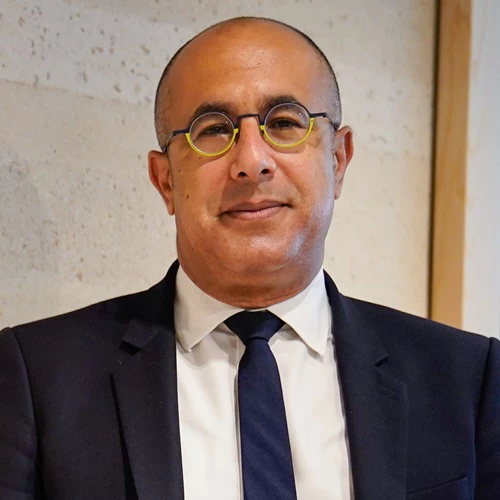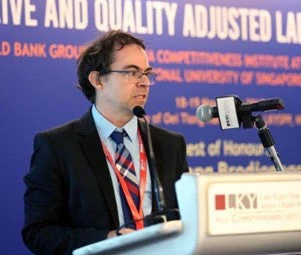Indonesia, the world's fourth most populous country, is becoming increasingly urban. Today, over half of the population lives in cities; by 2045, the centenary of Indonesia's independence, nearly three-quarters will.
However, while urbanization has helped to deliver prosperity to Indonesia, it has not done so to the same extent as in many of its neighboring countries. Indonesia's cities are also struggling with traffic congestion, pollution, a lack of affordable housing, and continued shortages in access to many basic services.
Over the last few years, the World Bank and the Government of Switzerland have been supporting the Government of Indonesia in its efforts to address the challenges of urbanization to realize its full benefits through the Indonesia Sustainable Urbanization (IDSUN) Multi-Donor Trust Fund. As part of this, the World Bank recently launched a major new report Time to ACT: Realizing Indonesia's Urban Potential, in Jakarta.
Watch a video with the World Bank’s Global Director Sameh Wahba and Switzerland’s Ambassador to Indonesia, Timor-Leste and ASEAN, Kurt Kunz, to learn more about why the Government of Switzerland believes urbanization is such an important topic; how it is working, together with the World Bank, to support sustainable urbanization in Indonesia; and the new report’s findings.
READ MORE





Join the Conversation